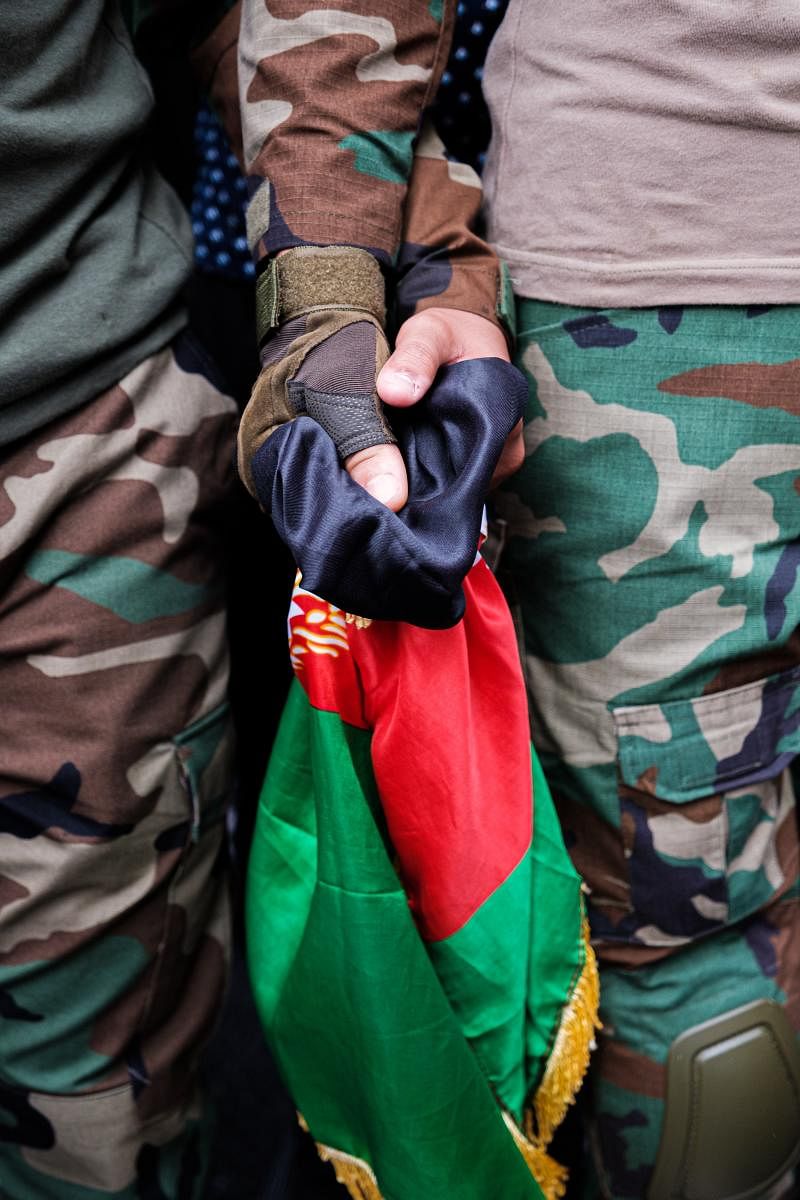
The news of the swift collapse of the Afghan government and the takeover of the Taliban has shocked the world. In particular, those who were at the receiving end of the Taliban’s brutal rule be it, women, religious minorities, artists and musicians, filmmakers are waiting in trepidation for what the Taliban rule may bring.
When the Taliban was in power from 1996-2001, they attracted global notoriety for their brutal treatment of a range of minorities including LGBT persons. The punishment for homosexuality was death. There are fears that this will happen again as seen by the news report which quoted a Taliban Judge, Gul Rahim who said that for “homosexuals, there can only be two punishments: either stoning or he must stand behind a wall that will fall down on him. The wall must be 2.5 to 3 meters high (8-10 ft).”
Nemat Sadat, an openly gay Afghani writer who was in Bengaluru on a book tour in 2019, tweeted that ‘It’s not hyperbole to say that the #Taliban will do what Nazis did to homosexuals: weed them out and exterminate them from Afghan society.’ Sadat’s fears are legitimate as the persecution of homosexuality is a part of the ideological warp and weft of the Taliban. The tragedy of the return of Taliban rule is that it will destroy the incipient LGBT community which is still struggling to be born in Afghanistan.
Afghanistan, even prior to the Taliban takeover, was a hostile space for LGBT persons. The laws criminalised same-sex relations, the society was hostile and there was no openly LGBT living in Afghanistan. However, slowly people were beginning to claim their freedoms, but Taliban rule will have a chilling effect on the emergence of the LGBT community.
One of the principles of human rights articulated in the decision decriminalising same-sex relations in India, Navtej Singh Johar vs Union of India, is the idea of ‘non-retrogression of rights,’ which meant that rights once recognised cannot be taken away. It’s heartbreaking to see that LGBT Afghans who were just beginning to enjoy the taste of freedom, will be ruthlessly pushed back into the closet again. The international community must act to grant asylum to those who face persecution on grounds of sexual orientation and gender identity as well as send out a strong message that LGBT rights are human rights and the Taliban will face consequences for the violation of the rights of LGBT Afghans.
(The author is a lawyer & writer based in Bengaluru. He is the co-editor of Law like love: Queer perspectives on law.)